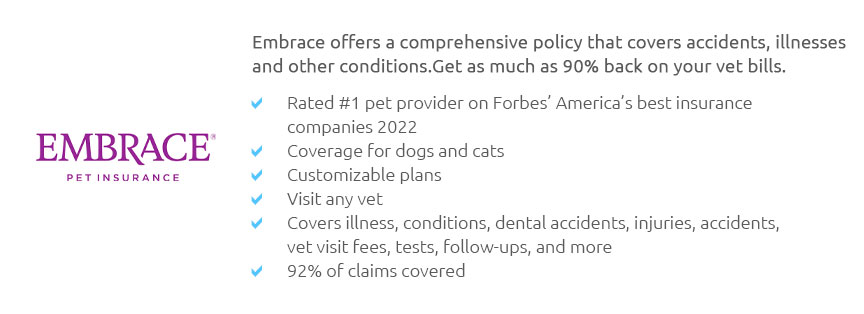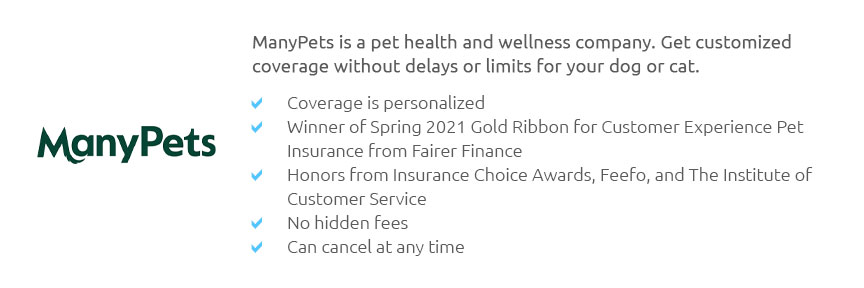 |
 |
 |
 |
 |
|
 |
|
 |
|
 |
|
 |
|
 |
|
 |
|
 |
 |
The Most Expensive Dogs to Insure: What You Need to KnowWhen it comes to choosing a canine companion, there's a lot more to consider than just those soulful eyes and wagging tails. One of the often-overlooked aspects of dog ownership is the cost of pet insurance, which can vary significantly depending on the breed. Some breeds, while undeniably charming, come with a hefty price tag when it comes to insurance. But why is this the case? Let's dive into the world of the most expensive dogs to insure, and explore the pros and cons of owning these delightful yet costly pooches. First on the list, we have the English Bulldog. Known for their adorable wrinkled faces and gentle demeanor, these dogs are beloved by many. However, they are also prone to a host of health issues, including respiratory problems and hip dysplasia. As a result, insuring an English Bulldog can be quite expensive. While their endearing nature makes them great family pets, potential owners should be prepared for higher insurance premiums. Next up is the Bernese Mountain Dog. These gentle giants are known for their affectionate nature and striking appearance. Unfortunately, their large size makes them susceptible to joint issues, and they are also prone to certain types of cancer. While their friendly disposition makes them excellent companions, the cost of insuring a Bernese Mountain Dog can be substantial, often reflecting the breed's predisposition to health problems. The French Bulldog also makes the list. With their playful personalities and compact size, these dogs have skyrocketed in popularity in recent years. However, like their English cousins, French Bulldogs are prone to breathing issues due to their brachycephalic (short-nosed) structure. Their insurance costs can be quite high, so prospective owners should weigh the benefits of owning such an adorable pet against the potential expenses. Another breed that tends to be expensive to insure is the Rottweiler. Known for their strength and loyalty, Rottweilers can make excellent guard dogs. However, they are also prone to certain health issues, including hip and elbow dysplasia, which can drive up insurance costs. While they are undeniably protective and loving, the financial commitment required for their care should not be underestimated. Finally, the German Shepherd is a breed that often incurs high insurance premiums. Revered for their intelligence and versatility, German Shepherds are frequently employed in police and military roles. However, they are susceptible to a variety of health problems, including hip dysplasia and degenerative myelopathy. While their capabilities make them a popular choice for many, the cost of insuring such a breed can be significant. In conclusion, while these breeds can bring immense joy and companionship, potential owners should be mindful of the financial implications associated with their insurance. It’s crucial to weigh the pros and cons, considering both the emotional rewards and the monetary costs. For those willing to make the investment, these dogs can be truly wonderful additions to the family, offering loyalty, love, and, in some cases, a bit of extra security.
Frequently Asked QuestionsWhy are some dogs more expensive to insure than others? Certain breeds are more prone to health issues, which can lead to higher insurance costs due to anticipated veterinary expenses. Is pet insurance worth it for expensive breeds? It can be beneficial to have pet insurance to mitigate potential high veterinary costs, especially for breeds with known health risks. Can lifestyle changes reduce insurance costs? Maintaining a healthy lifestyle for your pet, including regular exercise and a balanced diet, can potentially reduce some health risks and associated costs. What should I consider before choosing a high-insurance breed? Consider both the emotional and financial commitments, including potential veterinary bills and the level of care the breed requires. Are there any alternatives to traditional pet insurance? Some owners choose to set up a dedicated savings account for pet expenses as an alternative to traditional insurance plans. https://money.com/dog-insurance-for-popular-breeds/
Rottweilers, Doberman Pinschers and English and French Bulldogs are almost twice as expensive to insure than less costly breeds such as ... https://www.dig-in.com/list/10-most-and-least-expensive-dog-breeds-to-insure
The most expensive breed to insure is the Cane Corso, which according to the American Kennel Club often weighs more than 100 pounds. The least ... https://www.cbsnews.com/news/pet-insurance-cheapest-most-expensive-breeds-to-insure/
Dog breeds with more expensive insurance - Newfoundland: $100.79 per month - Dogue De Bordeaux: $94.19 per month - Jack Russell Terrier: $89.53.
|